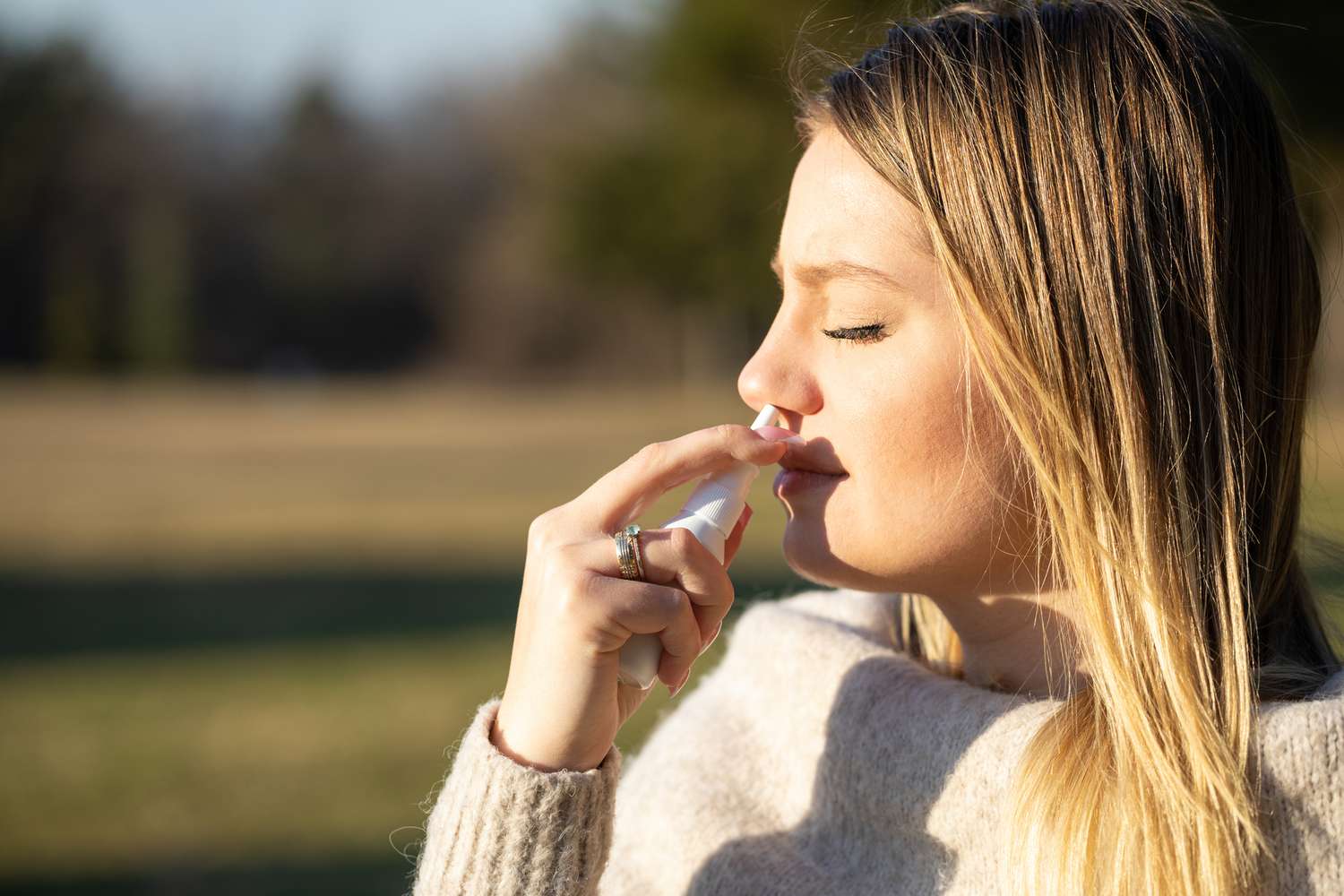The Hidden Dangers of Tanning Nasal Sprays


Are Tanning Nasal Spray Products Safe?
Tanning nasal sprays have entered the market as a way to achieve tanned skin. These products contain a substance called melanotan II, which increases the skin pigment melanin. While this sounds promising, these products have been found to cause numerous side effects and are illegal to sell in the United States and other countries.
How Nasal Spray Allegedly Makes You Tan
Melanotan II is a synthetic hormone that stimulates the production of more melanin. Melanin is the pigment produced by specialized skin cells (melanocytes) that gives skin a darker hue. Increased melanin production in response to sunlight produces the typical appearance of a suntan.
Effectiveness and Side Effects to Consider
Due to the lack of research, melanotan II has not been studied to evaluate its safety and effectiveness. Some trials have shown that users notice skin tanning within five doses. However, the short-term side effects of melanotan II include face flushing, increased freckles, increased moles, involuntary yawning and stretching, loss of appetite, nausea, spontaneous erections, and vomiting. The long-term side effects include encephalopathy syndrome, melanoma, melanonychia, and rhabdomyolysis.
Safer Ways to Get a Tan
There are several safe ways to get tanned skin without risky nasal sprays or UV light exposure. Spray tans are a popular option for a long-lasting tan that can be sprayed in a salon or at home. Bronzers are tanning products that work like makeup. Self-tanners are similar to spray tans and provide a longer-term tan.
Summary
Tanning nasal sprays have entered the market as a way to achieve tanned skin. These products contain a substance called melanotan II, which increases the skin pigment melanin. While this sounds promising, these products have been found to cause numerous side effects and are illegal to sell in the United States and other countries. Tanning nasal sprays are not safe and should not be used.
Author Bio
Patty Weasler, RN, BSN, is a Wisconsin-based registered nurse with over a decade of experience in pediatric critical care.
Trust Ribbon
Thanks for your feedback!
Recent Posts
Why sitting down and getting back up might be the most important health test you do today
If you or someone you love finds it difficult to stand up from the…
Gastric Sleeve vs. Bypass: Which Is Right for You?
Gastric sleeve and gastric bypass are two types of weight loss surgery. They are effective…
Why you don’t need to stress about cortisol ruining your waistline
If you’ve been unfortunate enough to scroll through TikTok lately, the algorithm may have convinced…
How to Style Your Workout Gear for Both the Gym and Everyday Wear
30 seconds summary This article highlights how integrating workout gear into daily wear supports…
Dementia care: are terms of endearment like sweetheart comforting or condescending?
In the emotionally complex world of dementia care, communication is more than just what we…
What Is High Functioning Autism and How Is It Diagnosed?
"High-functioning autism" (HFA) is a term used to describe people with a certain level…


